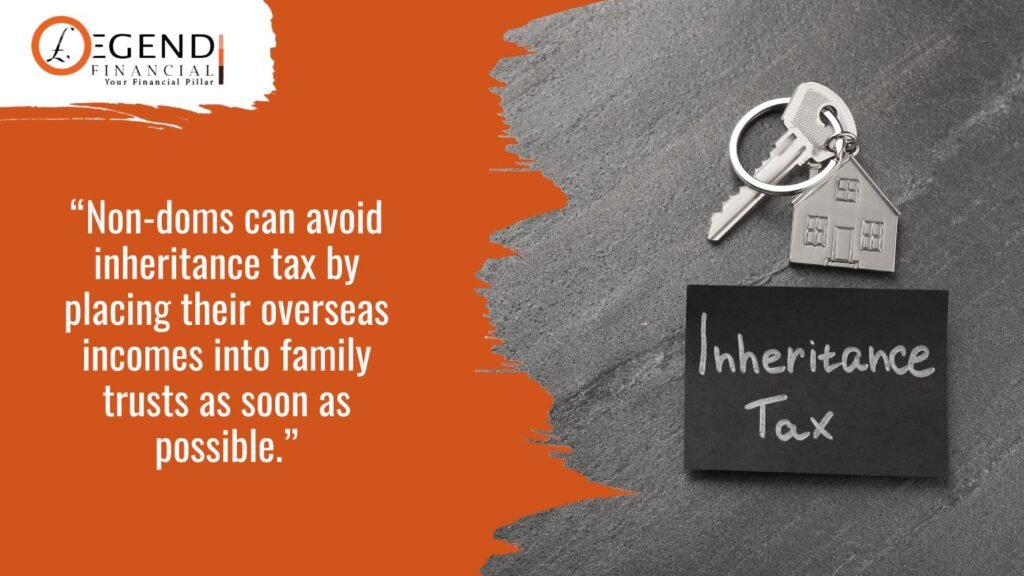The non-dom tax status regime is set to be abolished by 6 April 2025, surprising many wealthy non-domiciled people with the speedy implementation. More commonly referred to as non-doms, these individuals live in the UK but are not permanently settled. This regime, which had been in place for 225 years since 1799, gave them a special exemption from paying tax on their overseas incomes.
Provided they do not bring their offshore money into their UK accounts, using remittance basis instead, the non-doms were only liable to pay tax on income generated within the UK. The status could be retained for up to 15 years, subject to an annual fee of at least £30,000 after seven years, allowing them huge tax savings.
However, the Chancellor announced in the last Spring Budget 2024 that the non-dom regime will be abolished next year to be replaced by a “residence-based” system. This new rule still offers new non-doms tax exemptions but up to a mere four years. After this period, they will be fully taxed on their worldwide income and gains.

Within the transition, non-doms are encouraged to place their overseas funds into family trusts before the new residence-based system takes full effect to avoid inheritance tax. Moreover, they will only be taxed 50% of their overseas earnings in the first year of the new regime.
A study conducted by the London School of Economics estimates that the new system could generate over £3.2 billion in additional revenue per year. However, it is not to be overlooked that non-doms do contribute to the UK economy through taxes on their onshore earnings, including income tax, national insurance, and capital gains, amounting to £7 billion annually.
However, concerns arise regarding the potential exodus of non-doms, as evidenced by the study’s prediction that 0.3% of those with non-dom status might leave the country if the special exception is revoked. According to the latest available data from HMRC (2021-22), there are approximately 68,800 non-doms in the UK, and around 37,000 claiming the special tax-exempt “remittance basis” status.
Any significant change to the non-dom regime could lead to the departure of many non-doms in favour of other countries that offer simpler tax schemes for wealthy mobile residents, consequently reducing the tax revenue collected by HMRC.
Miles Dean from Andersen said, “If you look around the world there are so many places designed to attractive wealthy people and with simple schemes. These people are highly mobile, many of them already have a second home somewhere – why would they stay in the UK?”
Stay tuned for more tax news here at Legend Financial. You can also reach out to our tax experts to streamline your tax affairs!










